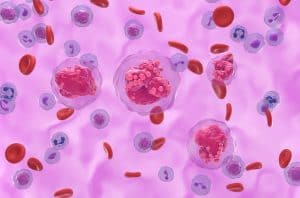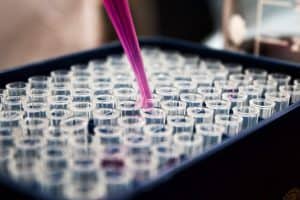UK pharma commits at least ‘one code breach a week’
pharmafile | February 18, 2015 | News story | Medical Communications, Sales and Marketing | ABPI, AstraZeneca, Bayer, Eli Lilly, GSK, Novartis, Novo Nordisk, PMCPA, Pfizer, code
Pharma companies commit unethical marketing practices on average more than once a week in the UK academic analysis has found.
The study discovered that over half of the offences relate to misleading marketing, such as making claims about drugs that are not backed by medical evidence, or marketing prescription medications direct to consumers, which is prohibited in the EU.
One in five cases involved a violation of the UK’s ABPI Code of Practice and included instances that were judged to be severe.
Over the past decade several whistleblower cases have exposed companies guilty of illicit marketing practices in the US, but there have been relatively few similar cases in Europe. The researchers speculated this may be down to the fact that companies self-regulate in Europe.
To explore this, academics from Sweden compared the number of nature of pharma marketing code breaches in the UK and Sweden between 2004 and 2012.
They analysed documents outlining the constitutions and procedures of these two systems and gathered data from self-regulatory bodies – the PMCPA in the UK (which is the ruling arm of the ABPI) and the Pharmaceutical Industry’s Information Examiner (IGM) and the Information Practices Committee – on complaints, complainants, and rulings.
In both countries these self-regulatory bodies are required to actively monitor promotional items and impose sanctions on violating companies, but the range of sanctions is greater in the UK where companies may, for instance, be audited or publicly reprimanded.
The researchers were looking to see if the UK policy of imposing fines and naming and shaming offenders had a bearing on how effectively the UK self-regulates its industry’s marketing practices.
Between 2004 and 2012 there were 536 and 597 code breaches in Swedish and the UK, respectively. Some 17% of cases in the UK were ruled to be serious breaches, compared to 19% in Sweden, where nearly half the complaints resulted from active monitoring of promotional items compared to only 0.2% in the UK.
The number of complaints and cases ruled in breach generally decreased during the study in both countries. However, the number of individual matters in breach in the UK did not change.
Penalties for code breaches were higher in the UK. Companies incurred fines averaging €447,000 and €765,000 per year in Sweden and the UK, respectively, equivalent to about 0.014% of annual sales revenue in Sweden and 0.005% in the UK.
Pfizer, Bayer, GSK, Novo Nordisk, Novartis, AstraZeneca and Eli Lilly were all guilty of more than 10 serious offences each.
The study was not able to account for code violations that go undetected or unpunished, which could mean the results are an underestimate of industry misconduct.
The study, published in the journal PLos Medicine, concludes: “The prevalence and severity of breaches testifies to a discrepancy between the ethical standard approved by companies and codified in industry codes of conduct and the actual conduct of the industry.”
The researchers say that higher fines and more publicity of the judgments could serve as an incentive to the pharma industry to improve its behaviour.
“There is clearly a discrepancy between the ethical rules and what companies are actually doing,” says Dr Shai Mulinari, a researcher in both social sciences and medicine at Lund University who led the study. “It is important that doctors report impropriety, otherwise all responsibility is left to the industry.”
Lilian Anekwe
Related Content

AstraZeneca’s Imfinzi approved in US for endometrial cancer treatment
AstraZeneca has announced that the US Food and Drug Administration (FDA) has approved Imfinzi (durvalumab) …

Pfizer shares update on DMD gene therapy clinical trial
Pfizer has announced an update from its phase 3 randomised, multicentre, double-blind, placebo-controlled CIFFREO trial, …

Eli Lilly shares results for tirzepatide for MASH resolution
Eli Lilly has announced results from the phase 2 SYNERGY-NASH study which assessed 190 patients, …






